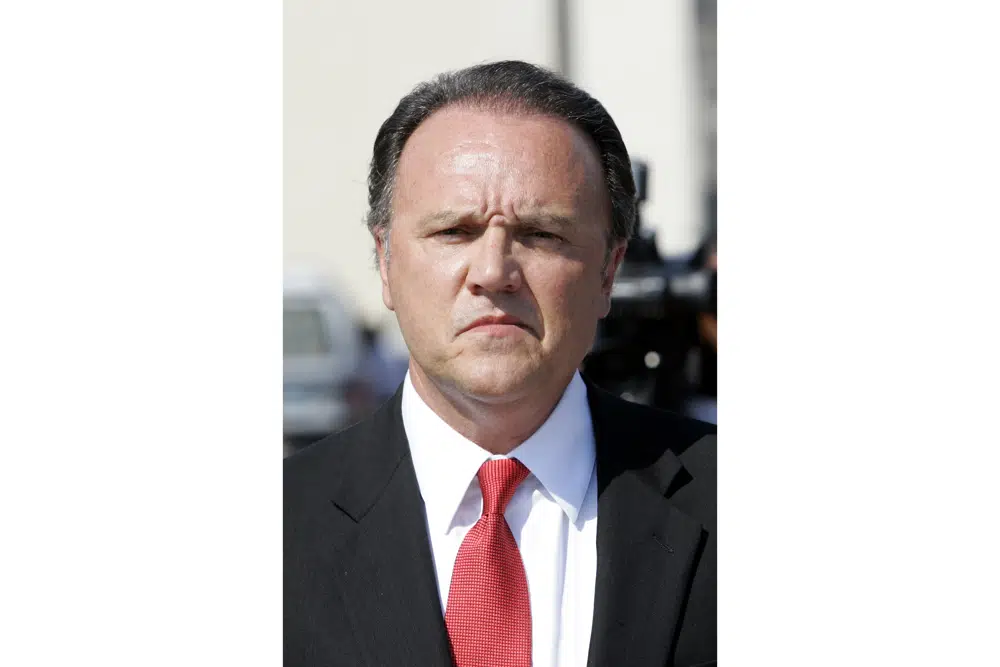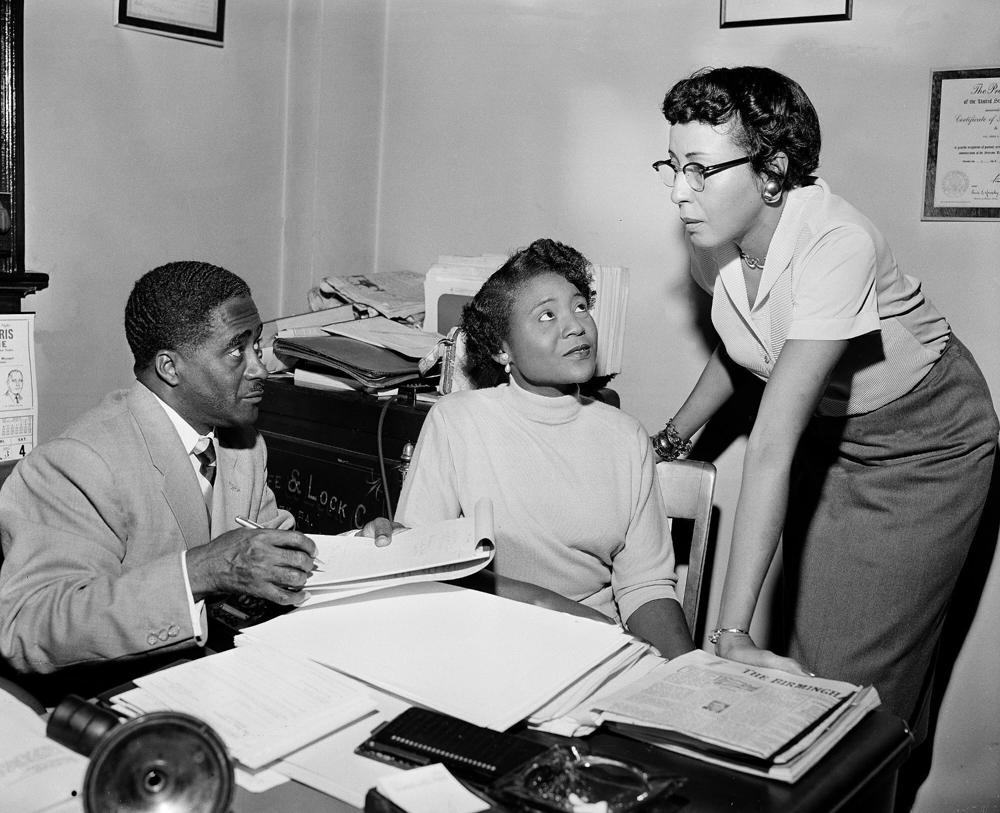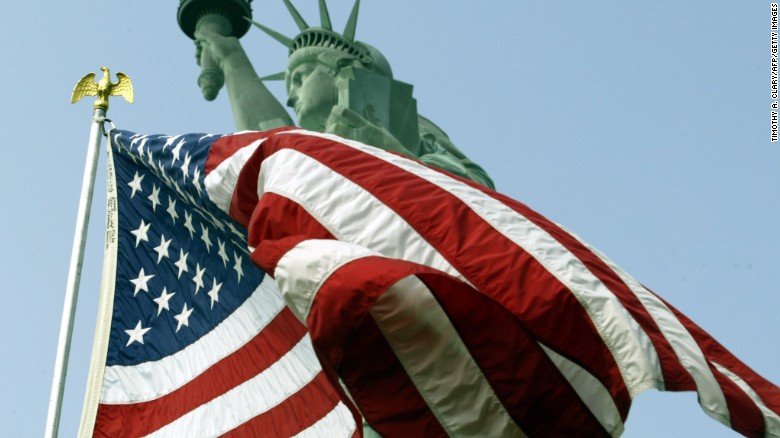Former HealthSouth CEO Richard Scrushy denies hiding millions amid ongoing scandal

The man who once led HealthSouth, a huge provider of outpatient rehab services, has been ordered to turn over records related to a bank account that lawyers say he’s using to hide millions. In a seven-page order against Richard Scrushy, the Birmingham-based company’s former chief executive officer, John England Jr., acting as special master in the case, also issued an injunction against any money being transferred out of the account in question, AL.com reported. The ruling Tuesday came after lawyers representing the plaintiffs in a 2009 civil verdict contended that Scrushy has been hiding money that could be used to pay some of the more than $2.87 billion in damages he still owes as result of the HealthSouth scandal. The government contends Scrushy and other executives inflated earnings by $2.7 billion from 1996 through March 2003 to make it appear HealthSouth was meeting expectations of Wall Street analysts. Lawyers alleged Scrushy has written checks totaling $7.3 million on an account in the name of convicted felon Eddie Briskett, who is currently serving time in the Alabama Department of Corrections for various convictions, including property theft, burglary, and assault. England contends Scrushy, or someone connected to him, has control of the account and has actively used it. Scrushy denies any wrongdoing and said he welcomes any disclosures, since “they will find nothing,” the news site reported. “It’s totally made-up, false information that never should have been put out,” Scrushy said. In 2007, Scrushy was sentenced to nearly seven years in prison for bribery involving former Gov. Don Siegelman. While serving his sentence in a Texas prison, a civil court found him liable for the HealthSouth accounting fraud. After serving about five years of his sentence, Scrushy was released from prison. According to England’s order, Scrushy contends he is unemployed and has no assets other than Social Security. Lawyers for the plaintiffs say he is conducting business through other entities owned by friends and family. According to the ruling, Scrushy has “exchanged thousands of text messages” with a number associated with Briskett and written checks totaling $7.3 million on the account, including two checks to himself totaling $3 million. However, those checks were never deposited in any account previously disclosed by Scrushy, the order states. In addition, England references a 2020 letter to the Alabama Bureau of Pardons and Paroles by an associate of Scrushy, explaining that Briskett has an investment portfolio of about $7.1 million. “The evidence presented suggests that Mr. Scrushy may have an interest in the account or in some or all of the proceeds of the account,” the order reads. “At minimum, it appears that Mr. Scrushy or someone acting in concert with him opened the account in Briskett’s name and that Mr. Scrushy has control of the account.” Scrushy told the news site that he has known Briskett for 20 years through his prison ministry and has exchanged text messages with Briskett’s sister, mainly to set up telephone conversations. The checks, he said, were “kind of a joke” between the two of them. “He’s one of the gentlemen that I’ve helped, being a friend and minister,” he said. “I’ve never signed on any bank account of his. There’s zero truth to any of that. I’ve never been involved with Eddie Briskett on any account, period. I’ve never taken a dime from Eddie Briskett.” Scrushy said the court filings in the case are a continued harassment to him and his family. “I’ve never seen such abuse and waste in my life,” he said. “I told the judge yesterday to let those attorneys go and discover anything they want. There is nothing to it.”
University of Alabama revisits pairing KKK leader and Black student names

The University of Alabama is reconsidering its decision last week to retain the name of a one-time governor who led the Ku Klux Klan on a campus building while adding the name of the school’s first Black student. Trustees will meet publicly in a live-streamed video conference on Friday to revisit their decision to keep the name of former Alabama Gov. Bibb Graves on a three-story hall while renaming it Lucy-Graves Hall to also honor Autherine Lucy Foster, the University of Alabama System said. The decision to honor Foster alongside a one-time KKK grand cyclops was criticized harshly by some. An editorial in the student newspaper said Graves’ name doesn’t belong beside Lucy’s, given his association with the violent, racist organization. Foster herself expressed ambivalence, telling WIAT-TV she didn’t know much about Graves, who was considered a progressive, pro-education governor in the 1930s, despite having led the Klan in Montgomery during a period when it was at its strongest. “I wouldn’t say it doesn’t bother me, but I accept it because I didn’t ask for it, and I didn’t know they were doing it until I was approached the latter part of last year,” said Foster, 92. The committee that recommended honoring both people together “acknowledges the complexity of this amended name,” the university said. “The board’s priority is to honor Dr. Autherine Lucy Foster, who, as the first African American student to attend the University of Alabama, opened the door for students of all races to achieve their dreams at the university. Unfortunately, the complex legacy of Governor Graves has distracted from that important priority,” it said. Foster, who lives in metro Birmingham, briefly attended classes in Graves Hall after enrolling at all-white Alabama in 1956 but was expelled three days later after her presence brought protests and threats against her life. In 2019, she was awarded an honorary doctorate by the university, where she had returned and earned a master’s degree in education in 1992. The university also recognized Foster in 2017 with a historic marker in front of Graves Hall, which houses the college of education. It named a clock tower after Foster, and she’s a member of the university’s student hall of fame. Graves, who began the first of two terms as governor in 1927, left the KKK in the late 1920s, after multiple terms in the legislature. As a member of the House, he opposed the ratification of Alabama’s 1901 Constitution, which was meant to ensure white supremacy in the state and remains in effect today although heavily amended. Several state universities have stripped Graves’ name from buildings in recent years as the nation reconsidered its past. Troy University renamed its Bibb Graves Hall for the late Rep. John Lewis, who was denied admission there in 1957 and led voting rights marchers in Selma in 1965. John England Jr., a former Alabama trustee who is Black, served as chairman of the naming committee. He previously said the members wrestled with what to do about Graves’ name. “Some say he did more to directly benefit African American Alabamians than any other governor through his reform. Unfortunately, that same Gov. Graves was associated with the Ku Klux Klan. Not just associated with the Ku Klux Klan, but a Grand Cyclops – It’s hard for me to even say those words,” he said. Republished with the permission of the Associated Press.
Academy of Honor recognizes accomplished Alabamians

The nation’s defense secretary and a pioneering social justice activist are among new members inducted Thursday into the Alabama Academy of Honor. The Academy honors 100 living Alabamians for their accomplishments and service to the state and nation. The ceremony included honorees for 2020 because that year’s ceremony was postponed because of the COVID-19 pandemic. The 2020 honorees are: Equal Justice Initiative founder Bryan Stevenson, former U.S. Congressman Jo Bonner, retired Maj. Gen. J. Gary Cooper, a decorated Vietnam veteran and the first Black officer in the Marine Corps to lead an infantry company into combat. The 2021 honorees are U.S. Secretary of Defense Lloyd Austin, Huntsville attorney Julian Butler, retired judge John England Jr., former Lockheed Martin CEO Marillyn Hewson, Grammy-award-winning recording artist Lionel Richie, and UAB’s Senior Vice President of Medicine Dr. Selwyn Vickers. Republished with the permission of the Associated Press.


